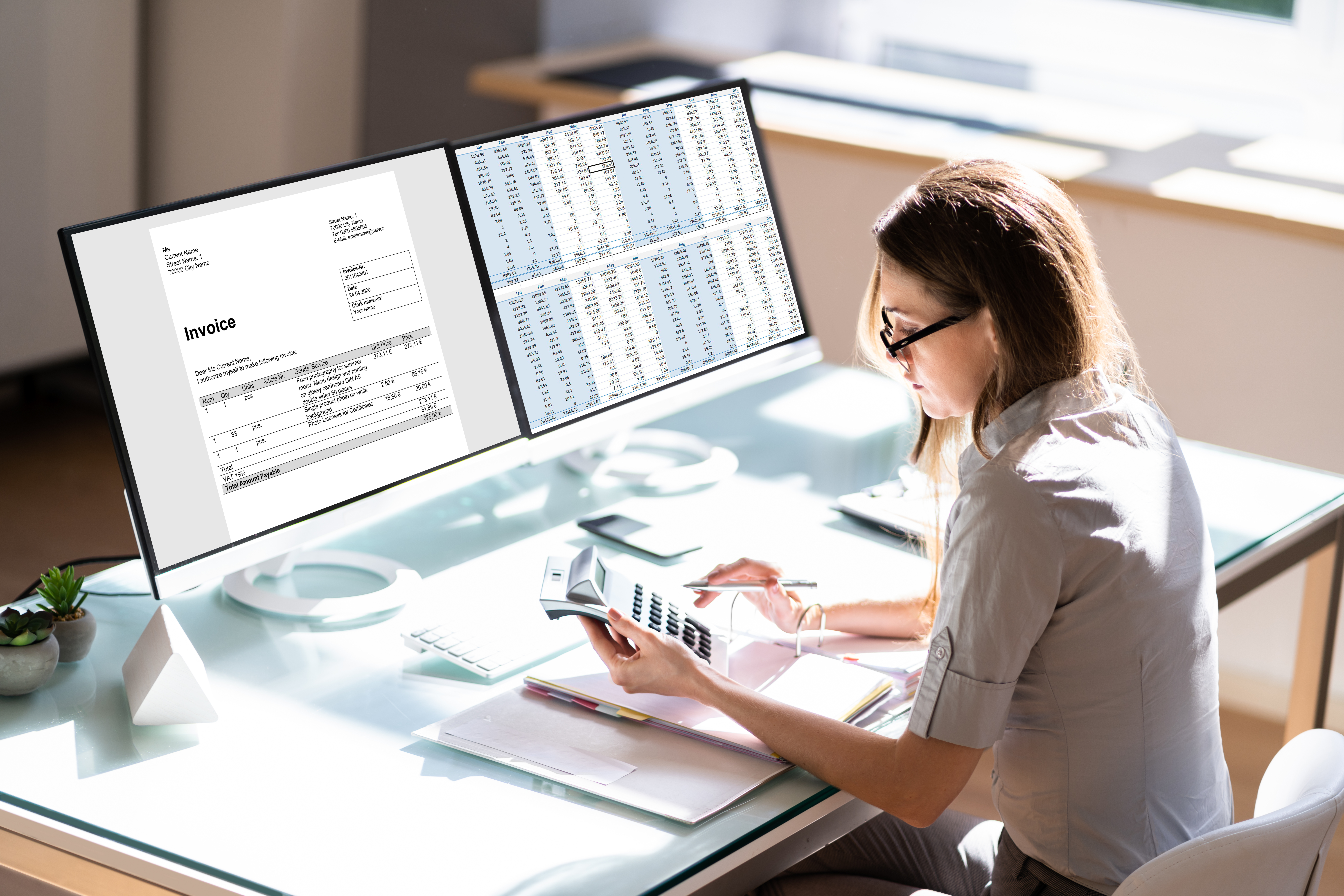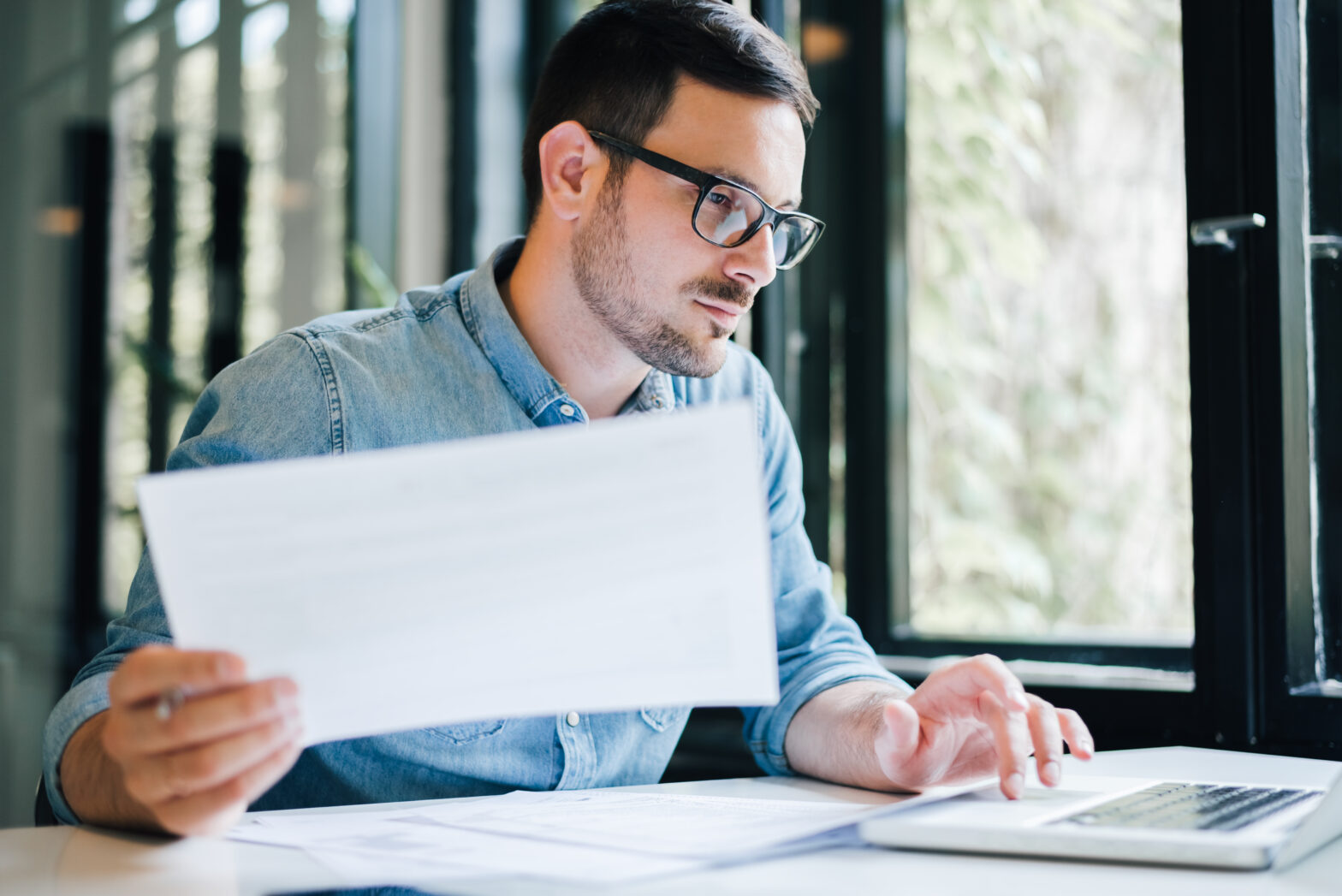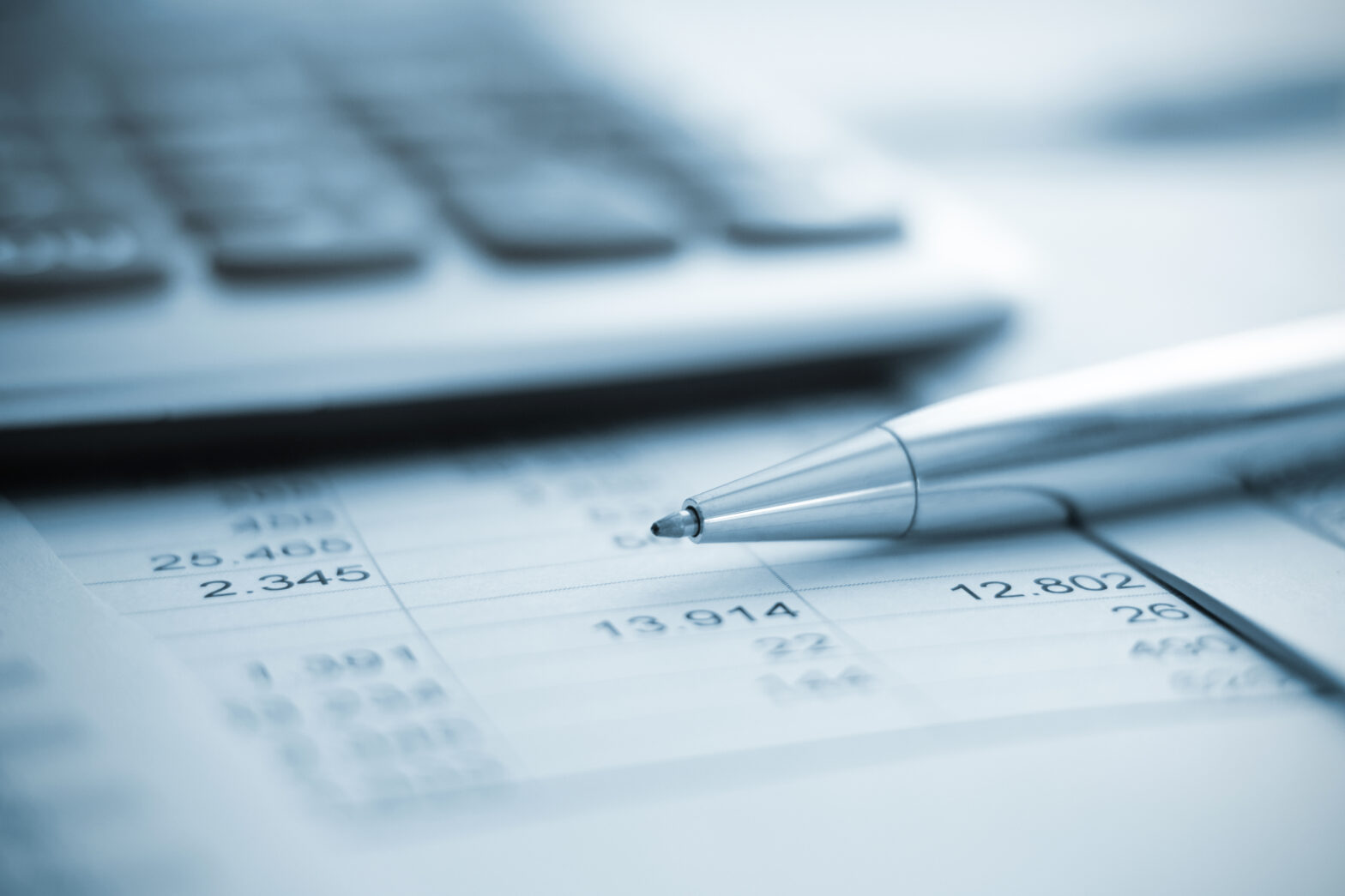As most people are aware, if you’re thinking of starting a new business or already run one you can claim expenses on some of your costs.
This is a great way to help out entrepreneurs and give them a better chance of success. Why?
Because businesses pay tax on their profits, so when they claim expenses that amount is removed. So they pay tax on a much lower amount.
If you’re diligent you can save yourself a pretty large chunk of money.
So, what can you can claim for?
The main categories of business expenses
Business travel mileage
Mileage Allowance Payments (MAPs) are what you pay your employees for journeys made for business purposes. You’re allowed to give employees a certain amount of MAPs each year before having to report it to HMRC – this is known as the ‘approved amount’.
Work this out by multiplying your employee’s business travel for the year by the rate per mile for their vehicle (see below).
If your employee uses more than one vehicle, calculate it all together.
Tax rates per business mile
| Type of Vehicle | First 10,000 miles | Above 10,000 miles |
|---|---|---|
| Cars and Vans | 45p | 25p |
| Motorcycles | 24p | 24p |
| Bikes | 20p | 20p |
Anything above the approved amount needs to be reported on a P11D form. After that, add anything above the approved amount to the employee’s pay and deduct and pay tax as normal.
Anything below the approved amount doesn’t have to be reported to HMRC but your employee will be able to get Mileage Allowance Relief on the unused balance of the approved amount. You can also make separate optional reports to HMRC of any such unused balances under the Mileage Allowance Relief Optional Reporting Scheme (MARORS). Contact HMRC to join the scheme.
Home office equipment
Another fairly well-known option is claiming for things like office equipment and consumables like printer ink that are essential to the running of your company.
Claim items that you would normally use for two years or less as an allowable expense. This can include:
- Phones (Landline), mobile phone, fax and internet bills
- Postage
- Stationery
- Printing
- Printer ink and cartridges
- Computer software your business uses for less than two years
- Computer software if your business makes regular payments to renew the licence (even if you use it for more than two years)
If you run a limited company, there is a way to claim on some more equipment.
For example, if you have a laptop, you can purchase it off yourself through the company. That will make it a company asset and therefore it’s cost as a claimable expense.
On top of that, you’ll get money straight from the company personally tax-free.
Clothing and entertainment
Your employees can also claim for clothing (such as hiring a smart suit for an event or for uniform) and the annual staff party as long as the cost per head doesn’t exceed £150.
Rent and bills
If you happen to work from home, you can also claim on rent, mortgage and bills too by charging some of the costs through your company, although there are some limitations.

The amount of rent you can claim is all based on the space dedicated to actual business.
For example, if you have an office you only use for business which takes up 10 per cent of the square footage of you flat, you can claim 10 per cent of your rent as expenses.
If you work in a room for half the time and use it as a normal room the other half of the time, you’d only be able to claim 5 per cent of the rent back.
In regards to bills, they work in a similar way and need to be divided between those used when doing business and not.
If you work from away from home, you can claim expenses on:
- Rent for business premises
- Business and water rates
- Utility bills
- Property insurance
- Security
Capital allowances
Another area to keep an eye out for is capital allowances, broadly known as ‘plants and machinery’. This includes things like:
- Machinery
- Fixtures (fitted kitchens, bathroom suites, fire and CCTV systems)
You can’t claim for the expenses on some of these things and so instead you must claim for a capital allowance. It can be quite a complicated area though. In most cases, you can deduct the full cost of these items from your profits before tax using the annual investment allowance.
Business expense trackers
If you want to simplify your company expense process, there’s a number of software tools that could help make life easier for you and your employees.
Compare providers now to find the perfect option for your business.
There are plenty more things that you can claim expenses for and HMRC have a full list here.
If you do want to claim, obviously you’re going to need proof of these expenditures. Make sure you keep track of all your invoices, receipts and papers and store them somewhere safe.
Keep them well ordered as well to save a lot of time in the future.
One final thing to keep in mind is that HMRC can come back and request proof of expenses up to six years after they’re claimed.
So, if you’re thinking about discarding your papers once HMRC have accepted your accounts, think again. If you’re unable to give proof when asked later on, you could be asked to pay the money back.






Leave a comment